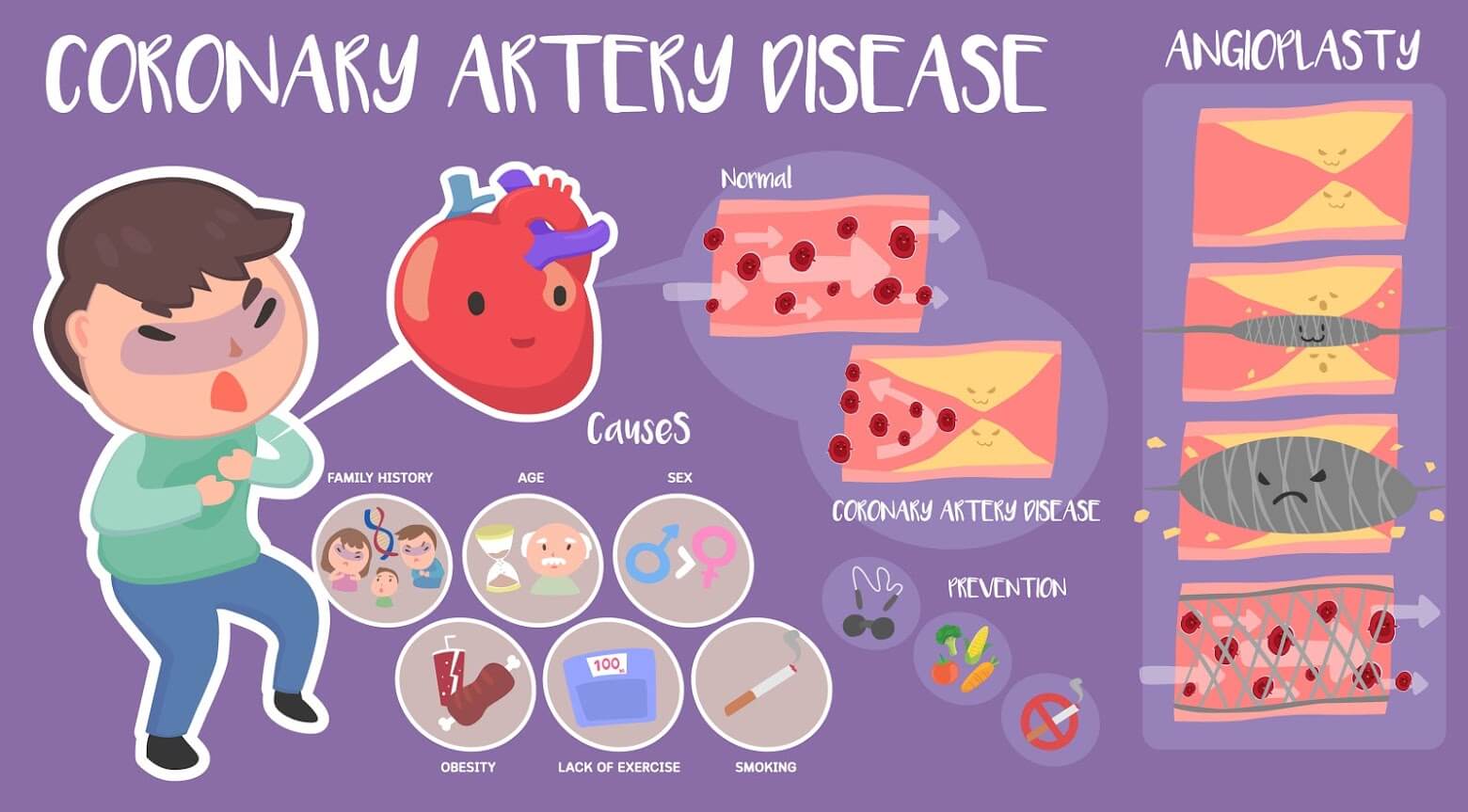How Can a Person Know if Their Arteries Are Clogged?
Blocked arteries can cause serious problems if they prevent blood from reaching vital parts of the body such as the heart or brain. However, the symptoms of blocked arteries aren’t always obvious until they cause a life-threatening issue such as a heart attack or stroke. Sometimes the only way to know if your arteries are clogged is to undergo a screening test such as a carotid Doppler ultrasound, which can check for blockages that might put you at risk of a stroke.
Why Do Arteries Get Clogged?
Clogged arteries occur because of a condition known as atherosclerosis, which happens when fatty material from the blood sticks to the inside of the arteries. Over time, enough of this material can build up that it starts to affect the flow of blood. The effects of this can depend on the location of the blockage. Clogged arteries can be particularly dangerous when they affect blood supplying the heart or brain as these organs need continuous supplies of oxygen to keep functioning properly.
Signs of Clogged Arteries
Clogged arteries don’t always cause any obvious symptoms so the problem is often missed unless it causes a medical emergency such as a heart attack or stroke. Sometimes there can be warning signs that an artery is blocked before it causes a serious event. Angina occurs when there is a blockage in a blood vessel supplying the heart. It can cause symptoms such as chest pain, breathlessness, heart palpitations and sweating, which may be triggered by physical activity. Transient Ischemic Attacks (TIAs) or mini-strokes can occur when there is a blockage affecting the brain. The symptoms can include temporary weakness on one side of your body, loss of vision in one eye, or slurred speech. Angina can be a sign that you are at risk of a heart attack while a TIA is a warning that you are at risk of a major stroke, so it is vital to take these symptoms seriously and see a doctor.
Tests for Clogged Arteries
Cardiac screening can reveal whether you are at risk of clogged arteries by testing for issues such as high cholesterol that can increase the chances of fatty deposits accumulating in your blood vessels. If you are at high risk, you’re experiencing issues such as angina, or you’ve already had a stroke or heart attack, then there are some tests that can look inside your arteries to check for blockages. At the Cardiac Screen clinic, we can use ultrasounds to look for signs of blockages. An echocardiogram is an ultrasound of your heart that can help us to assess the risk of heart disease while a carotid Doppler ultrasound allows us to measure the flow of blood through the arteries that supply your brain. The carotid Doppler scan is used to evaluate the risk of a stroke. If any issues are detected during these tests, treatment may help to improve the blood flow through your clogged arteries and reduce the risks.










